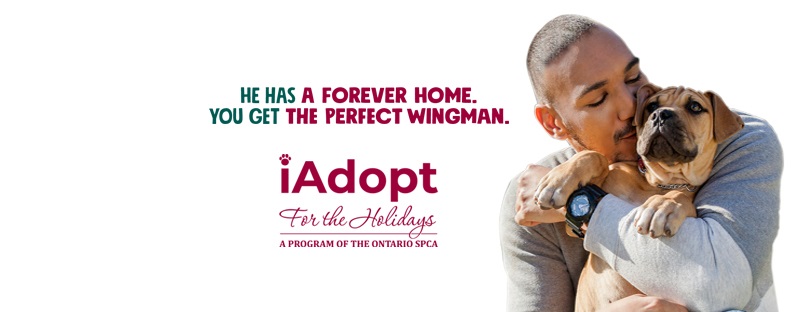 Tips to protect pets in cold weather
Tips to protect pets in cold weather
Winter is here again, and while our furry friends still want to go outdoors, it’s important to look out for them and make sure it’s not too cold for them to be outside. One good rule of thumb is that if it’s too cold for you, it’s too cold for them.

Shorten time outside in cold weather
When the temperature drops below freezing, pets should not be left outside for extended periods. Cats, short-coated dogs, and puppies are particularly vulnerable in cold temperatures. Keep cats indoors and protect your dogs from frostbite or hypothermia by only letting them outside for short periods during cold weather. Be sure to monitor them to ensure they’re safe.
Consider a comfortable dog sweater or coat as an extra layer of warmth for your short-coated dog or puppy. Never shave your dog down to the skin in winter, as a longer coat will provide more warmth. As well, when bathing your dog during the winter months, ensure they are completely dry before taking them outside.

Take pet precautions
Use a damp towel to wipe your pet’s paws and underside after being outside. Salt and other chemicals used to melt snow and ice on roads and sidewalks can irritate and burn your pet’s sensitive paws – and can cause injury if ingested. Also, remove ice balls by placing your pet’s feet in warm (not hot) water before drying them off with a towel. Consider using “booties” to protect your pet’s paws.
Don’t let your dog off-leash on ice or snow, especially during a snowstorm, as dogs can lose their scent and easily become lost.
Ensure your pet always has a warm place to sleep away from drafts and off the floor. A thick cozy dog or cat bed with a blanket or pillow is great.
Signs that can indicate that an animal is too cold:
- Shaking or shivering
- Hunched posture with a tucked tail
- Whining or barking
- Change in behaviour, like seeming anxious or uncomfortable
- Reluctance to keep walking or tries to turn around
- Seeks places for shelter
- Lifts paw off the ground
Signs of hypothermia:
If you suspect your pet is displaying signs of hypothermia, wrap them in a blanket or coat, seek a warm shelter, and contact your vet immediately. Signs to watch for include the following:

- Lethargy
- Muscle stiffness
- Slow, shallow breathing
- Lack of mental alertness
- Fixed and dilated pupils
- Stupor-like state
- Loss of consciousness
Let’s all make sure our animal friends stay safe this winter. If you can’t get out, visit ontariospca.ca/blog for some fun ideas to keep your furry family members entertained and active indoors.
Ontario SPCA – Midland & District Centre
15979 Highway 12 East
Port McNicoll, Ontario
L0K 1R0
| |

